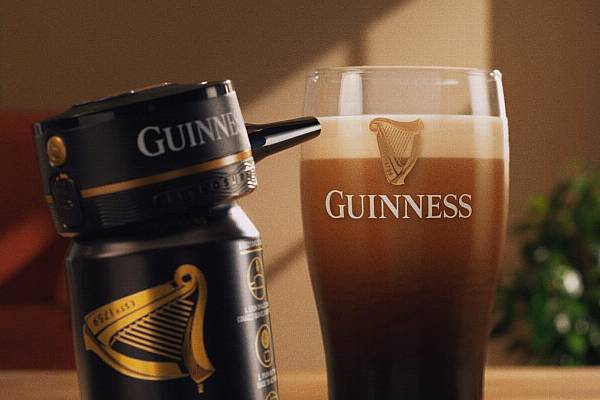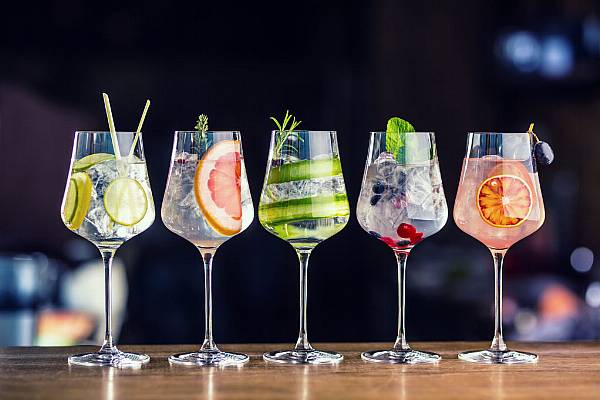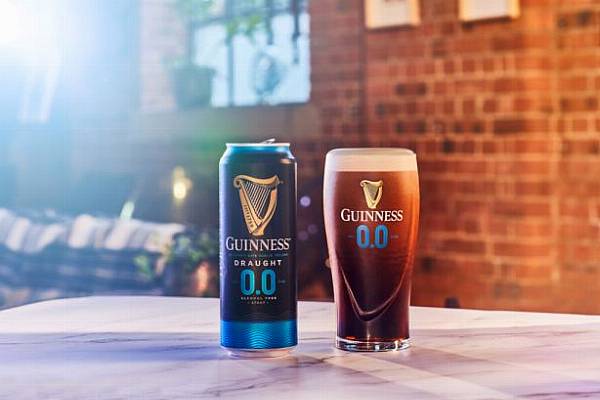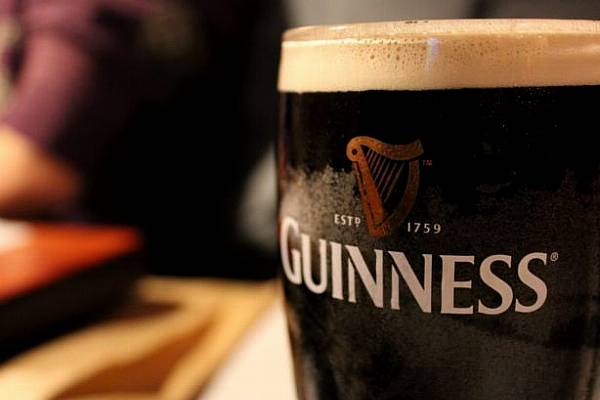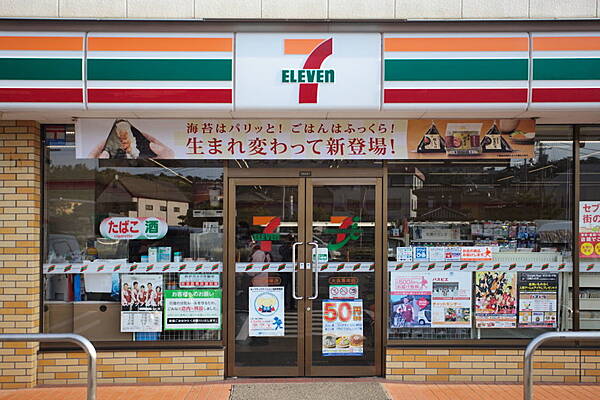The Drinks Industry Group of Ireland (DIGI) has called on the Government to reverse the excise duty added on in last year's Budget.
Yesterday, DIGI released a report outlining the drinks industry's contribution to the Irish economy, which found that the drinks sector is under continuing pressure as a result of excise increases. The report confirms per capita consumption has dropped by 14.1% below 2007 levels, and full time employee numbers in bars have declined by 25% between 2008 and 2011.
The report was launched in Keogh's pub, Dublin, by DIGI chairman Peter O'Brien, with a summary breakdown by author Anthony Foley, in advance of the group meeting with the Government. Foley highlighted that the total volume of the alcohol market declined by 9.9% between 2007 and 2012 and that 6,000 jobs in retail employment have been lost between 2008 and 2011 alone.
The report also revealed that despite the ongoing economic pressures, the drinks industry still provides over €2 billion in VAT and excise receipts, and generates over €1 billion in exports annually. It said that the sector provides approximately 62,000 full or part time jobs across different sectors of the economy, with over €2 billion worth of inputs purchased by firms across manufacturing, retail and wholesale.
Speaking at the launch of the report, O'Brien said that it "clearly outlines our continuing export success, the importance of the drinks industry to Ireland’s tourism product and the major boost brands such as Guinness, Baileys and Jameson provide to Ireland’s international image."
He added, "In light of this report, DIGI is calling on the Government to reverse last year’s excise increase in alcohol in order to allow this important sector and its employees to build a more sustainable and positive future." DIGI also called for a task force to address the decline of the local pub and independent off-licences.
Foley said" "This analysis clearly illustrates that the drinks industry is important for Ireland’s economy through employment and taxation as it works towards national recovery. A key conclusion from the report is the 62,000 people who get full or part time employment from the drinks industry. [...] With these findings in mind, it’s logical that the Government should seek to support this sector, in whatever way it can."

